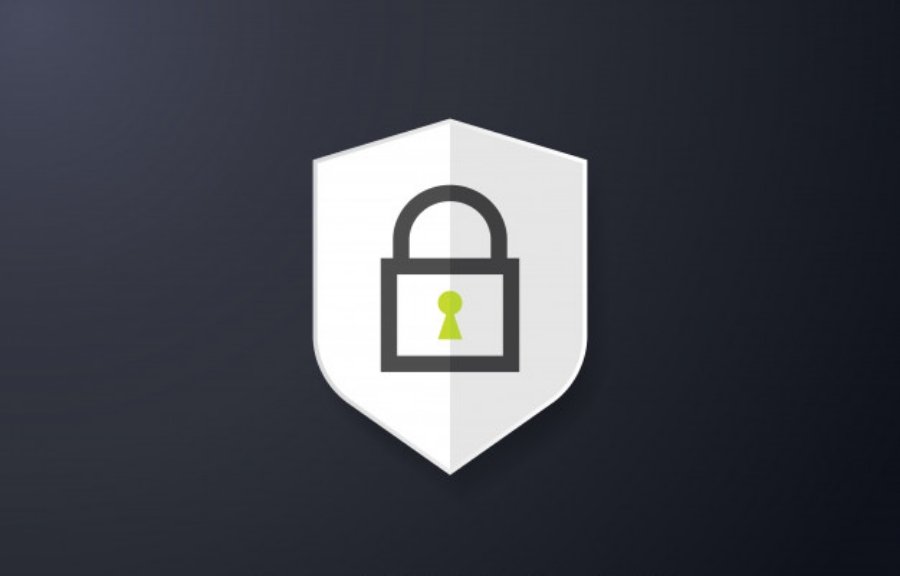ESET: five things you can do to ensure the security of your home office without hiring a specialist
You do not need a degree in cybersecurity or a lot of money to apply basic computer security features. According to experts from the global cybersecurity company ESET, these are the five steps that will lead you to the right path.

In the era of the pandemic many homes have been converted into full corporate offices with virtual private network (VPN), where specialists from the companies' IT departments lift all the weight and remotely manage the home workstations. But other professionals have almost no outside help and this means that the end user is at the same time the IT manager, whether he likes it or not.
If this happens to you, do not worry. According to ESET experts, these are the five steps to enhance the security of your home office.
- Start with him router
The router you use to access the internet has more capabilities than you can imagine. It has a firewall, some security options, wireless connectivity and many other options. You can pay a small extra amount and get a professional level router, which comes with additional security options.
Professional routers are usually more secure and come with pre-installed settings and good support. Some also have a built-in threat reporting feature. Remember to check for updated firmware when installing the router and frequently check the manufacturer's website - say, once a month - for updates.
- Study
Είναι εκπληκτικό το τι μπορείτε να μάθετε από ένα απλό podcast ή κάποιο βίντεο σχετικά με την ασφάλεια του υπολογιστή σας. Υπάρχει επίσης ένας μεγάλος αριθμός δωρεάν μαθημάτων που θα σας βοηθήσουν να δημιουργήσετε μια σταθερή βάση σε themesecurity.
Choose one that you can easily understand and that will lead you slowly. In the past, ESET experts have compiled a list of freebies Online Computer Security Courses, which may also be worth considering. Simply put, the bliss of ignorance should not be an option.
- Set boundaries
You may not worry about relatives or roommates stealing your device, but they may cause you or your employer a problem, even unintentionally. Make sure you have one safe computer that you use only for work and protect access to data stored on it with a strong password that no one else knows.
Simply put, if everyone has the password, then… it stops being said code access. By extension, your family should not use this device for e.g. chatting with friends or watching movies. Also, set short time limits so your device automatically locks when not in use. And maybe your virtual friend like Alexa or Siri would be good to stay off when you have calls or video meetings that involve sensitive information.
- Stay alert
The scammers did not take long to exploit the new reality, using the pandemic as a pretext for a series of COVID-19 fraud scams. Cybercriminals have not given up trying to extort money from businesses or blackmail ransomware through ransomware attacks - taking advantage of the need for distance work and physical segregation between colleagues. The fraud with the method Business Email Commitment (BEC), for example, has long been an important way posting money and attacks are expected to increase further amid the pandemic.
To counter this threat, check all emails post officeu and avoid doing click in links or attachments especially in spam emails, as they may be attempts to steal your information or install malware on your device. Be suspicious of urgent requests from colleagues and be sure to verify them through an alternate communication channel before sending money or data.
- Focus on the basics
Use security software that includes multiple levels of protection. Indeed, today's security suites tend to have many levels of security and are no longer just "one-dimensional antivirus programs".
Also, keep your operating system and applications up to date, ideally through automatic upgrades - updates are important because they often include code upgrades for critical vulnerabilities. If you have not already done so, now is the time to proceed with full disk encryption - even if you work from home, you may need to move your laptop away from home, and the risk of theft is always present. Speaking of which, we cannot stress enough its importance backup of your disk.
Stay safe
While we all have new reasons to worry these days, previous concerns and cyber threats have not disappeared, quite the contrary.
Maybe you are still new to remote work and maybe you are trying to get an idea of the new reality. However, this period requires a change of mentality. Today, you need to think that your remote office is your "normal" office and be fully aware of the hundreds of cyber threats that can cause damage even to your home.





